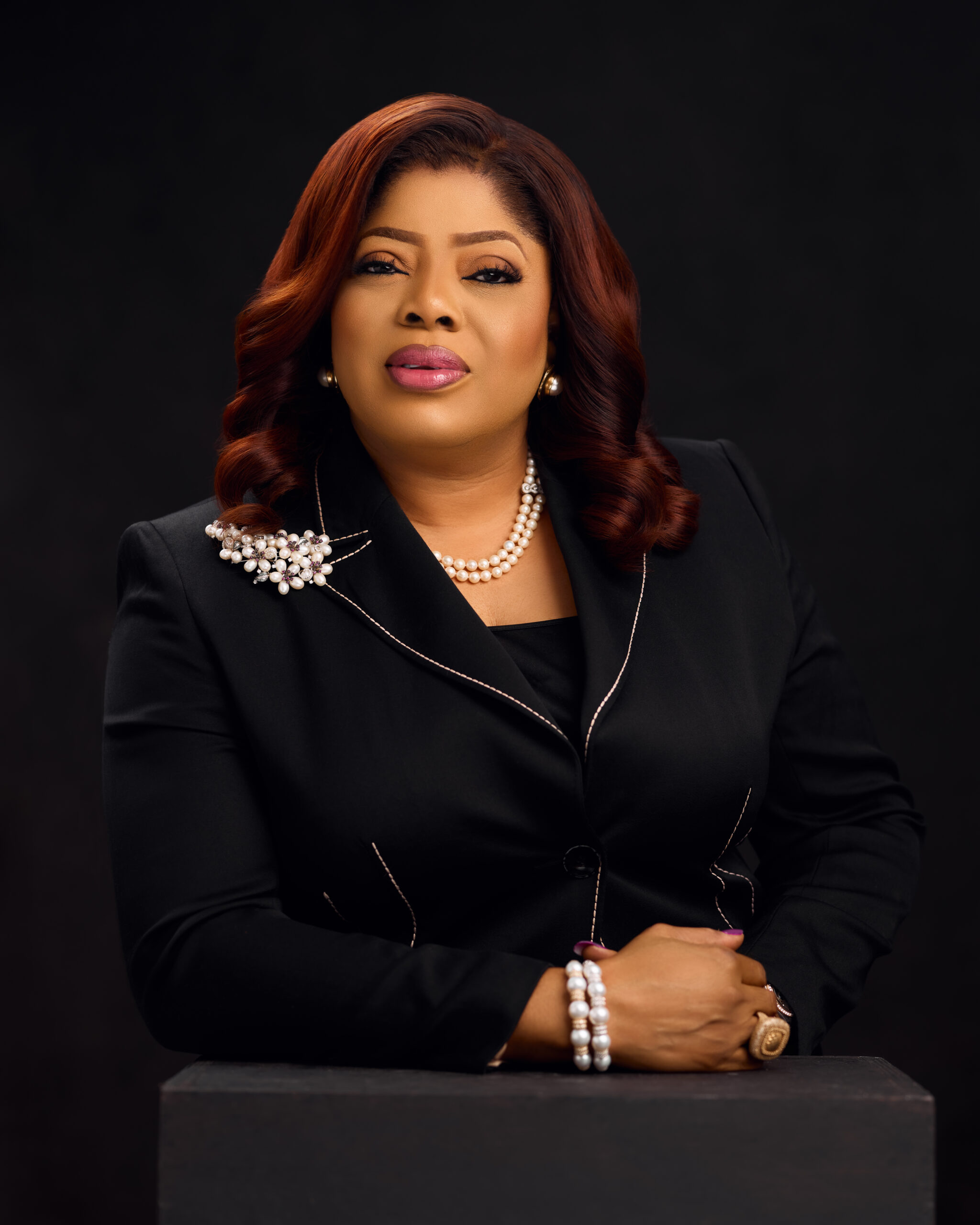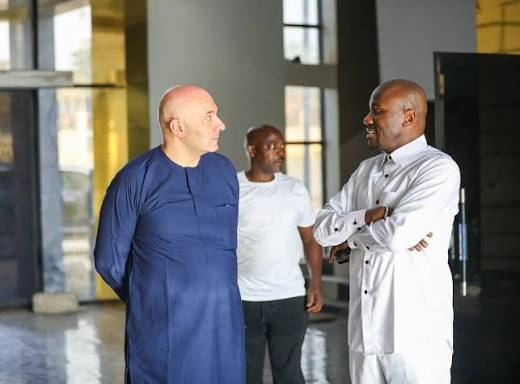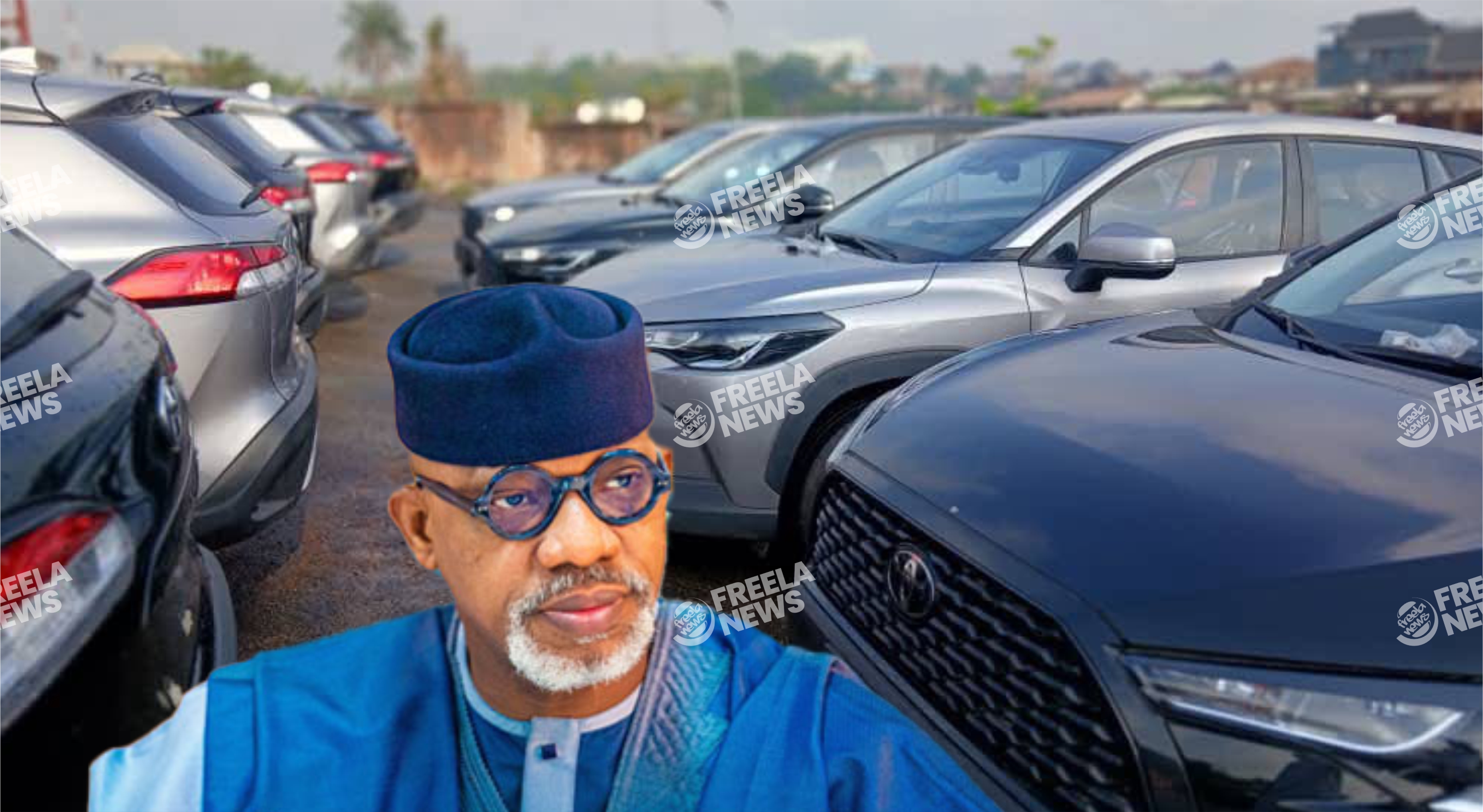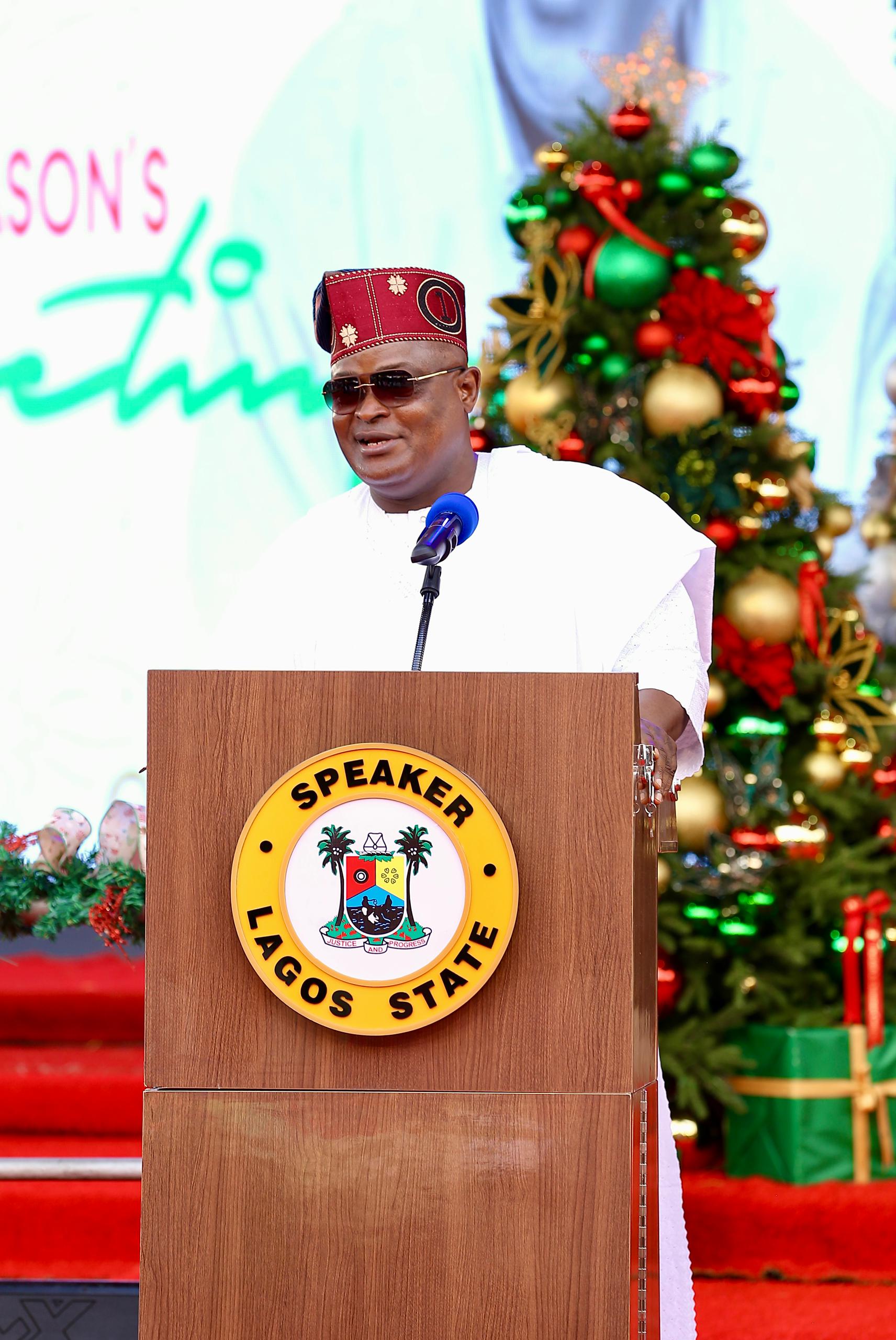The World Bank has yet again approved $45 million dollars to boost education in Nigeria, believing that investing in people is an essential part of Nigeria’s strategy to reduce poverty and achieve steady economic growth. The money is meant to boost employment opportunities for young people and to improve education quality for the Nigerian students. However, over the years, such gesture has been extended to pull the hapless elephant out of the quick sand of abuse, corruption and decay. Even, many governments before the present administration had dropped so much naira in the bottomless pit of reconstruction, reevaluation and overhauling of the system, but no visible changes have been recorded. So, one wonders how these recent funds by the World Bank and other world powers, would have impact in improving the incessant dilapidating education sector in the country.
Prior to Nigeria’s independence, Nigeria had only two established post-secondary institutions, which were Yaba Higher College (founded in 1934, now Yaba College of Technology) and the University of Ibadan founded in 1948. More prominent universities, which include University of Nigeria, Obafemi Awolowo University (formerly University of Ife), Ahmadu Bello University and University of Lagos emerged in the years that followed independence.
In the 1970s and 1980s, more universities were founded, they include Universities of Benin, Calabar, Ilorin, Jos, Port Harcourt, Sokoto and Maiduguri.
Yet the history of how education started in Nigeria is nothing compared with what obtains now in the sector. African leaders so much invested heavily in education in the 1960s and 1970s, which was a period of the most rapid expansion of education, particularly, in Nigeria. In the 80s, Nigeria’s education began to decline drastically and things began to fall apart in this sector, such that the centre could no longer hold.
ALSO READ: LASG partners GetBundi on STEM education
Education turned out to take the lead over other matters recently at the Nigerian Economic Summit Group event, sponsored by Etisalat at the Eko Hotel & Suites, Lagos with the topic “The Future of Education in Africa: A Dialogue with Hakeem Belo-Osagie”. The chairman of Etisalat Nigeria, Hakeem Belo-Osagie, scrutinized the place of education in the evolving scheme of things in Africa, particularly in Nigeria.
Education has dominated various discourses as it affects the growth of national development in Nigeria for over a decade. As plausible as all recommendations seem, with respect to quality improvements and standards, budget allocations to the education sector in terms of adequacy ratio, mismanagement and the impact of the graft culture that has undermined this growth are often glossed over. There have been several post conference releases and communique, specifically demanding more drastic paradigm shift to address the dwindling fortune of the sector, but without defining in clear terms, how this would be achieved. This has equally affected other areas, particularly in the areas of health and power generation.
With an obvious lack of direction on key macroeconomic stability issues, most experts interviewed agreed that Nigeria is set for an imminent crisis, if adequate measures are not put in place to track an aggressive means of funding education, without a proper accountability of the government spending on public expenditures. This is profound, based on the fact that corruption is an open sore in nearly all sectors of the nation’s economy. Over the years, budgetary declarations on education have not been fully backed by disbursements. According to the data presented by the National Bureau of Statistics in 2011, the Federal Ministry of Education reported that in 2006, out of the total amount of N167.27billion appropriated for education, the amount that was actually released was N163.1billion, representing 97.5percent. In 2010 also, N234.8billion was released out of N271.2billion budgeted for the sector, representing 86.6percent.
A number of interest groups across the nation have often emphasized the need to pump more money into education as the decrepit status of all tiers of the sector makes this imperative. The Education Rights Campaign (ERC) is quite prominent on the subject and has made notable demands which include:
Immediate reduction in the salaries and allowances of political office holders and the savings ploughed into funding of public education and other social services.
Reduction of the bulging bureaucracy of government, which consists numerous ministries, agencies and departments with overlapping and duplicated functions, retinue of assistants, special and senior assistants and hangers-on all on the payroll.
Apart from two percent education tax in accordance with the Tertiary Education Tax Fund law, an additional eight percent education tax should be imposed on all indeginous and multinational companies in Nigeria.
A justification for an increase in the funding of education has been driven home with a comparative analysis of what obtains in other countries. A comparative data published widely in the media not long ago, showed that Nigeria spends less than nine percent of its annual budget on education, when smaller African nations like Botswana spend 19.0%; Swaziland, 24.6%; Lesotho, 17.0%; South Africa, 25.8%; Cote d’Ivoire, 30.0%; Burkina Faso, 16.8%; Ghana, 31%; Kenya, 23.0%; Uganda, 27.0%; Tunisia, 17.0%; and Morocco, 17.7%.
At a one-day strategic meeting for civil organisations in Nigeria, Nasir Isa Fagge, the president of the Academic Staff Union of Universities (ASUU) reiterated the union’s stance on the need for government’s increased funding on education. In his presentation titled ‘Revitalizing Nigerian’s Tertiary Institution for 21st century challenges’, he lamented the poor performance of Nigerian’s higher institutions as compared to other countries like Ghana and South Africa. He advocated that government should comply with the UNESCO benchmark of 26% funding for a period of at least, five years. He further emphasised that a ”substantive increase in funding of education will to a large extent, put the necessary foundation in place to address the problems of the system”.
It is noteworthy to know, according to the Economist Intelligence Unit for Pearson, USA, a body that analyses school systems’ performances globally, found out that, Finland’s education system is rated the best in the world and it is 100% state funded. For those who may argue that a much smaller, less diverse country like Finland can’t easily be compared to Nigeria, the inconvenient fact is, Finland performs much better educationally when compared to similar Scandinavian nations with similar demographics. Plainly, something is right in the “Land of a thousand lakes” which our government can learn from.
Mining through data published on government’s website and media reports, it was realized that the education sector in 2000 had the highest proportion of recurrent expenditure to the total national recurrent expenditure set at 12.56%. It was 11.56% in 2002 and 10.13%in 2011. The growth rate in the sector’s recurrent expenditure was doubled in 2002. It was 96.66% in 2011; but was negative in 2001, 2003 and 2009, at 31.19%, 19.56%and 16.66% respectively.
ALSO READ: Nigerian bank boosts education delivery in northern state
The total federal allocation to education declined from 11.13% in 1999 to 7.0% in 2001, an indication that the share of both the Gross Domestic Product and total government spending have fallen over time, thus, the buzz for increased funding got louder.
For 2012 budget, the sum of N400.15billion, representing 8.43% of the budget was allocated to education. Out of this, N345.091billion representing 82% was allotted to recurrent expenditure while a meager N55.056billion, an equivalent of 18% was for capital expenditure. At this time, Senator Chuckwumerije, the Chairman of Senate Committee on Education decried the huge gap between amount for capital and recurrent expenditure in the education sector. “Large percentage of the ministry’s budget is voted for recurrent expenditure to the detriment of capital expenditure for infrastructure in the sector. This distribution of funds poses challenge of slow pace in infrastructural development in the agencies and institutions,” he said.
In 2013, the proposed allocation of N426.53billion to the sector takes only 8.67% of the proposed total budget of N4.92trillion, as against UNESCO’s recommended 26%, which is classified as very vital to national development in developing countries. Out of the aggregate proposed spending of N4.92trillion, N2.41trillion was earmarked for recurrent expenditure and N1.5trillion for capital projects.
Despite the huge and priority budgetary allocations, according to research findings, government’s inability to meet funding demands also stems from the very success, the sector recorded in terms of expanding enrolments and expenditures over time. True to facts, the education sector has undergone rapid changes and growth within the context of an unstable economy at all levels. It continued to expand even though there were substantial economic setbacks.
When you compare a 7.43% growth rate of Nigeria’s economy in 2011, 6.58% in early 2012 to 6.8% projected for 2013, with the economic growth on a slow pace, the financial requirements in our education sector is projected to be on the rise. The reasons are within our grasp; an exploding youth population, increasing school participation rates, extra cost for improving quality in existing institutions and provisions for the newly established ones. In all, these factors guarantee an upward march of cost per student at every educational level, yet, on the flip side, the projected GDP growth rate for 2013 is 6.5%, which is slightly different from the 6.85% earlier proposed in the Medium Term Expenditure Framework (MTEF).
A professor of Educational Management in one of the South-West universities explained that the possibilities of financial difficulty in the education sector would be strengthened by growing constraints on revenues, and increasing demands for better education. Moreover, it is believed in the parlance of economics that education is a ‘rising cost industry’. “Looking at the priority sectoral allocation of N426.53billion for 2013, it is an undeniable fact that expenditures in education have risen rapidly than the output of the economy and over-all public expenditures.”
Hence, there is a compelling expediency to evaluate if the rise in education ‘share’ of our national resources can sustainably go on at this rate. What is the likelihood that sooner rather than later, annual increments to education budgets will be forced into line with the growth rate of the economy and of public revenues as a whole? What is the guaranty that with a disappointingly low economic growth, the constraints on education budgets won’t be more severe? It is pertinent to start addressing our minds to these mind boggling questions.
Some respondents believe that the entire education system would benefit from coherent national policy development and genuine implementation rather than isolated politically motivated budgetary pronouncements and paper reforms, which have often failed to address the lopsidedness in funds allocation and festering corruption within the education sector.
There is an urgent need for a new order that reflects the realities of the current economic status of the nation, which above all, addresses wastage, profligacy, inefficient and outdated management approaches, and corruption.
President Goodluck Jonathan’s government has declared education as one of its priorities with an ambitious N400 billion earmarked for the sector. The intent is to have a reformed system of education that will provide access at all levels of education and to improve the quality and efficiency of the entire education system. While these are lofty goals, the real challenge will lie in a successful implementation. Education has been a priority attention of some previous Nigerian governments, yet, the education system is still far from being ready for the challenges of the new century despite all the monies invested to redeem it.
Speeches on budgets are usually presented in colorful themes as a way of aligning with what is politically trendy. The national budget speech of 2013 was christened ‘Fiscal Consolidation with Inclusive Growth.’ Typical of the herd’s mentality and bandwagon approach to governance, state governments also did well with budget presentation in flamboyant clichés – Oyo state had ‘Budget of Restoration’ in 2012, while Imo State used the coinage ‘The Rescue Budget’. Kano State titled its own ‘Budget of Economic Restoration and Development’ while Ondo State had its 2011 budget as ‘A Caring Heart’.
Truth be told, there has been a growth in the amount and proportion of the education sector in Nigeria. The main issue of concern is how this growth would be sustained until the 26% budgetary allocation international benchmark is attained with commensurate verifiable results. With burgeoning ineptitude in governance and leadership, it is unlikely the outcome would be different from what obtains in the past. Except for a radical change, Nigeria education system would not attain global competitiveness even if it appropriates 50% of its yearly budget to education.
It is apparent that there is a need for greater private sector participation. Similar to the call made by Hakeem Belo-Osagie, education should not be left in the hands of bureaucrats and politicians, who are not aware of the implications in the quality of life of the coming generations. The way out of the woods requires the involvement of all, particularly indigenous entrepreneurs, foreign investors and the banking sector. Chief Ade Ojo, who cuts across to most Nigerians as Elizade, in an exclusive interview with Nigeria Spur indicated he spent N7billion sourced from personal funds to establish Elizade University in Ondo State. This is not just an investment in the future of young Nigerians, but also an investment that makes business sense with potential for great returns if the facts published by the Economic Section of the United States Embassy in Nigeria are valid.
The Nigerian education fact sheet released by the US embassy in January 2012 revealed that, as the gap between total appropriated funds to education and the actual spending between 2006 and 2010 widens, at that period, Nigeria was the 17th largest source of international undergraduates and the 19th largest source of international graduate students in the US; it remained the largest source of students from sub Saharan Africa. There are 6,568 Nigerian students studying in over 733 regionally accredited US colleges and universities in all 50 states, plus the District of Columbia. Despite the fact that the major source of funding for Nigerian students is personal and family funds, there was a 6% increase in the number of Nigerian students studying at US institutions at undergraduate, graduate, and non-degree programs in 2010.
All indices considered, private participation and the finance mechanisms for education in Nigeria must be re-thought if sustainable growth is in the look-ahead. Asking government or the present crop of politicians to appropriate more of our resources to education without an empirical basis, in a belligerently corrupt system is nothing but a recipe for disaster.

Ojelabi, the publisher of Freelanews, is an award winning and professionally trained mass communicator, who writes ruthlessly about pop culture, religion, politics and entertainment.























